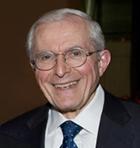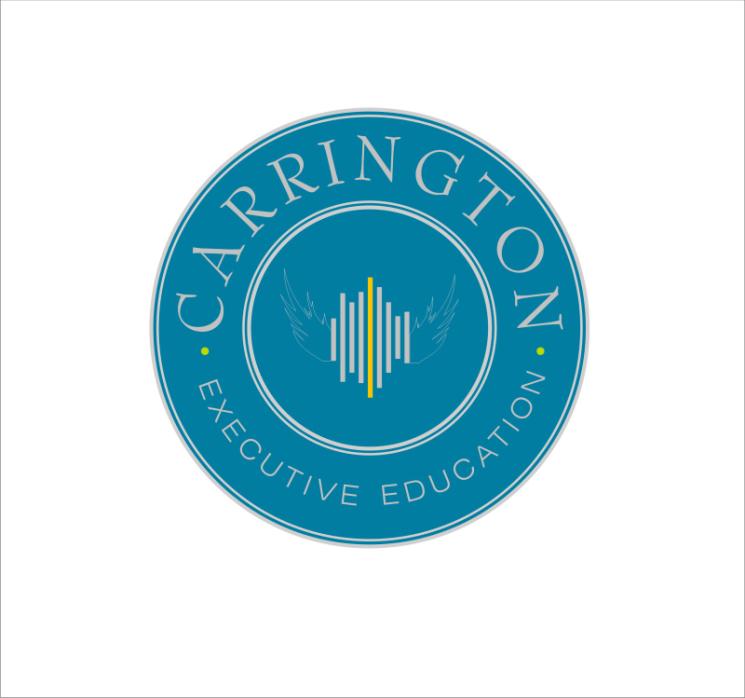| Published: | December 1, 2011 |
| Author: | James Heskett |
Executive Summary:
Summing Up Readers of Jim Heskett's column this month offer guidelines for when to think fast and when to think slow, from author Daniel Kahneman's book, Thinking, Fast and Slow.About Faculty in this Article:

Summing Up
Summarizing responses to questions about a topic as complex as thinking slow requires that one think slow. So I wrote this column, slept on it, rewrote it, and still have problems with it. But deadlines, as they so often do, help us avoid the "analysis paralysis" associated with the downside of thinking slow.So here is what my gut tells me about what you said this month: Thinking slow, as Daniel Kahneman calls it in his recent book by that name, is important under circumstances of high risk, uncertain outcomes, and a limited experience base with the challenge requiring a decision. Good leaders know when to think slow. All of us need mechanisms for helping us to know. Some elements of bureaucracy can be included among the devices. But, as Ganesh Ramakrishnan said, "… we probably (need) to enrich the vocabulary … The word bureaucracy is associated with stagnation, rigidity, unthinking application of age-old rules … (vs.) careful reflective thought on matters that need intelligent application of criteria."
Just how to promote slow thinking where it is appropriate stimulated an interesting and stimulating debate. As Dave Schnedier put it, "I agree with Kahneman's diagnosis, but not his remedy… Whether the decision is to be made by an individual, a team, or 'the bureaucracy', I would say that all would be well served by the discipline … imposed by adherence to a rational process… (which) requires the intellectual rigor that professional management can impose…" Sudheer Thaakur concurred: "… in a world that is more complex and uncertain and ambiguous we should be promoting slow and deliberative thinking. Till we do that we will not be able to fully utilize the opportunity offered by (the) structured nature of organization." Rebecca Mott said "let's not forget the plethora of research that shows teams consistently outperform individuals. It is the modifying effect of the team, which also slows down the decision-making process, that produces a better result." Yadeed Lobo had other suggestions: "Good governance (the objective observer, non executive board members) serves as an effective moderator of (thinking fast) on the part of … executives. The relationship between the Independent Non-Executive Chairman of a Board and the CEO is particularly important."
Some saw a danger in flirting with the use of bureaucratic devices to promote deliberative thought. As Shadreck Salli put it, "What (is critical) … is the person that conducts the switching from thinking (either fast or slow) to (the) other … it may not be easy to have a series of processes in a bureaucratic chain that would best suit a particular type of thinking … Shalia commented: "I think the growth rate of large organizations slow(s) down precisely for this reason-not being able to separate decisions which need deliberations vs. quick decisions." Phillippe Gouambe was more blunt: "… bureaucracy slows everything down and I just do not have the time for that."
As you said, good judgment in thinking fast or slow is an important characteristic of outstanding leadership. Can it be taught or does it have to be acquired over time? How do leaders learn how to think slow at the right time? How do they ensure that others do so as well? What do you think? Or do you need more time?
Original Article
Behavioral economics has fascinated us at least since Daniel Kahneman became the first psychologist to win the Nobel Prize in Economic Sciences in 2002. It has allowed us to see more clearly traditional economics and the fallacy of the assumptions on which it is based: a world of rational humans who are unemotional, well-informed, and take the long-term view in economic decisions.In contrast, behavioral economics emphasizes and examines the irrational side of managers, consumers, and investors—their tendency to take the short-term view while following their emotions. These "irrationals" are less well informed than they imagine (and certainly less well-informed than traditional economists assume).
As an antidote to these problems, behavioral economists have, for example, advised regulators to combat predictable irrationality in citizens and consumers by "nudging" them by means of economic incentives to act in ways that regulators believe are in citizens' best interests. Lest we underplay the significance of this or somehow associate it with conservative or liberal politics, consider that proponents of such ideas have been advisers to both David Cameron in the U.K. (Richard Thaler) and Barack Obama in the US (Cass Sunstein). Behavioral economists advise regulators that, when in doubt, make sure that business is transparent and even educational in its dealings with others in order to make them wiser.
An observer of policy based on behavioral economics might well conclude that an assumption of irrationality may be valid, but irrational behavior is hard to predict. Why, for example, do people (even experts and managers who should know better) act in their own worst interests or those of their firms? Can such behaviors be predicted and averted?
That is a subject of Daniel Kahneman's new book, Thinking, Fast and Slow. He concludes, based on his research, that as decision-makers, we rely too heavily on System 1 thinking (recall Malcolm Gladwell's book Blink) that helps us summon whatever knowledge we think we have. Among other advantages, it saves us time in situations with similar patterns. But errors of judgment occur when we apply it to complex issues that require more careful consideration, investigation, and reasoning--System 2 thinking. It helps explain behaviors ranging from overconfidence in planning to the defense of sunk costs and the failure to cut our losses in investments.
Kahneman implies, among other things, that in selecting decision-makers we should look for those who know when to switch from System 1 to System 2, that is, when to think fast and when to think slow (using his grammar). Another antidote to thinking fast at the wrong time, according to Kahneman, is to have an objective observer who can flag those situations requiring slow thinking when they arise.
But the best check on too-fast decision-making may be the organization itself. As Kahneman puts it, "Organizations are better than individuals when it comes to avoiding errors, because they naturally think more slowly and have the power to impose orderly procedures." Rather than castigate the bureaucratic nature of large organizations, Kahneman suggests we try to make them more efficient at slow thinking by improving processes for deliberation and making decisions
Source:hbr.edu

No comments:
Post a Comment